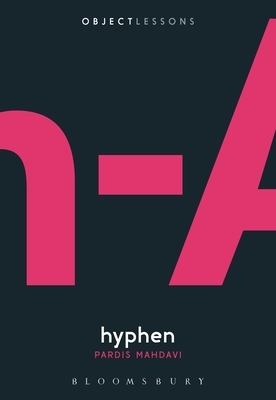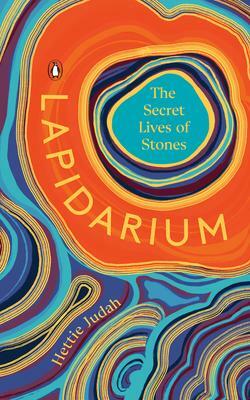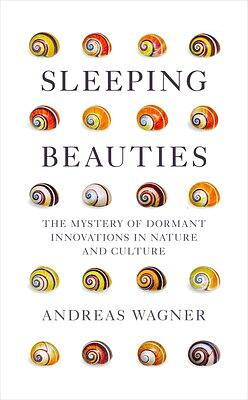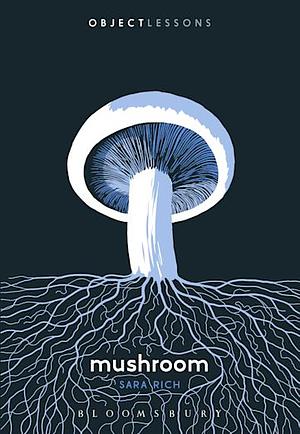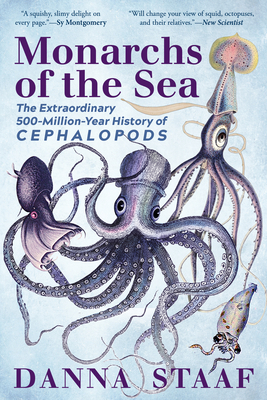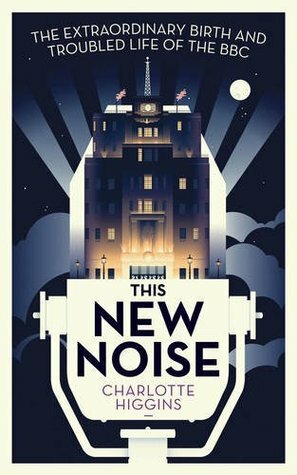
This New Noise: The Extraordinary Birth and Troubled Life of the BBC
by Charlotte Higgins
Genres: History, Non-fictionPages: 288
Rating:

Synopsis:'The BBC, to my mind at least, is the most powerful British institution of them all, for, as well as informing, educating and entertaining, it permeates and reflects our existences, infiltrates our imaginations, forms us in myriad ways.'
Charlotte Higgins, the Guardian's chief culture writer, steps behind the polished doors of Broadcasting House and investigates the BBC. Based on her hugely popular essay series, this personal journey answers the questions that rage around this vulnerable, maddening and uniquely British institution. Questions such as, what does the BBC mean to us now? What are the threats to its continued existence? Is it worth fighting for?
Higgins traces its origins, celebrating the early pioneering spirit and unearthing forgotten characters whose imprint can still be seen on the BBC today. She explores how it forged ideas of Britishness both at home and abroad. She shows how controversy is in its DNA and brings us right up to date through interviews with grandees and loyalists, embattled press officers and high profile dissenters, and she sheds new light on recent feuds and scandals. This is a deeply researched, lyrically written, intriguing portrait of an institution at the heart of Britain.
The BBC is a British institution, and one which has been agonised over a lot. It sometimes feels like that’s something which happened only in recent years, but Charlotte Higgins’ This New Noise makes it clear that we’ve agonised over the BBC for as long as it has existed — and we’ve never had the halcyon perfect days that I think many people imagine. It’s always been what it is now, and as contentious as it has been now.
At times, I think Higgins tells the story a bit out of order, making references to events she explains properly later. This might work well for someone who has been alive for a bit more of the BBC’s lifespan, but I was not yet very engaged with the news for some of these! I also wasn’t really aware of the various directors-general, so just mentioning their names didn’t really contextualise things.
It’s still an interesting history, especially where it discusses people I didn’t know about at all, whose roles have been forgotten, like Hilda Matheson. She sounded pretty great (though of course it’s easy to make idols of people). All in all, an enjoyable read, and a useful point of view.
Rating: 3/5

